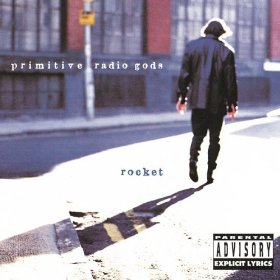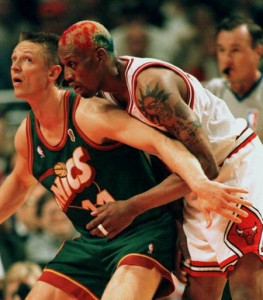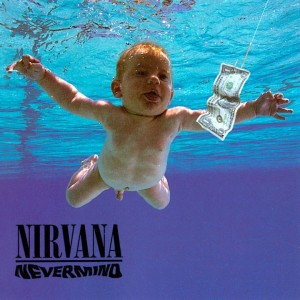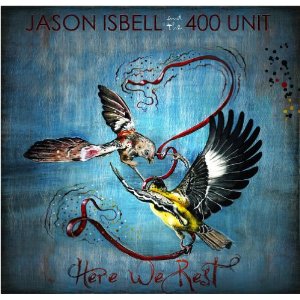Celebration Guns – Stars
Regret – New Order
Calm Americans – Elliott
So: the celebrations about the death of Osama bin Laden. What are we to think of them? There are a couple of strands of thought here. Some people want to criticize them for finding joy in murder. And there is a certain ghoulishness to the whole thing. Others want to say that people should feel free to express themselves in whatever way felt right. That there is no accounting for the sort of visceral reaction that the news might provoke. Others see nothing shameful at all in the celebrations. Some of these lament the immediate politicization, discussions about what it means, etc. They simply wanted to feel the unity of the moment.
My own reaction was somewhat muted. In general I am deeply skeptical and unhappy about the state wielding deadly force. That said, I’m no longer the total pacifist I once was. At least, I don’t think I am. And if there is anyone that a state has justification to kill, bin Laden has to be high on the list.
That said, I certainly did not respond with high-fives or any real sense of joy. There was that fake MLK quote floating around, which has a sentiment that I can certainly get behind. But my thoughts actually turned more to a bit from Kurt Vonnegut in Slaughterhouse-Five:
[T]here is nothing intelligent to say about a massacre. Everybody is supposed to be dead, to never say anything or want anything ever again. Everything is supposed to be very quiet after a massacre, and it always is, except for the birds.
And what do the birds say? All there is to say about a massacre, things like “Poo-tee-weet?
* * *
I have told my sons that they are not under any circumstances to take part in massacres, and that the news of massacres of enemies is not to fill them with satisfaction or glee.
The thing I like about the Vonnegut quote (and the book as the whole) is that it doesn’t limit itself to simply making a moral judgment on the act itself. Massacre is certainly a bad thing, but that’s a pretty banal point. For Vonnegut, the really complex problem isn’t the fact of massacres as much as it’s the glorification that it receives back home.
Must our enemies be killed? Perhaps. But if so, I tend to think the proper response should be Vonnegut’s quiet “so it goes” as opposed to cheers.
All that said, I don’t feel particularly comfortable criticizing those who responded differently. 9-11 never hit me with the same sort of pre-rational force as it seems to have struck many others. And while I do feel comfortable criticizing a lot of the policy choices that were legitimated or grounded in that primeval set of emotions (the war in Iraq most prominently, but there’s plenty more), I don’t want to necessarily challenge the validity of the momentary feeling itself.
Obviously, it’s difficult to disentangle those things. But in this case the line between valid outpouring of emotion and problematic appropriation of that emotion is found in the “U-S-A! U-S-A!” chants.
To celebrate the death of bin Laden leaves me feeling more than a bit uncomfortable. But I can deal with that. It’s the immediate translation of that celebration into the language of American dominance and hegemonic empire-building that concerns me. I think that passes into the realm of destructive and vaguely disgusting political ideology.
To simplify: I don’t feel the desire for revenge as a sort of affective need, but I can understand those who do. I cannot find any modicum of respect, though, for those who immediately jump to nationalism as the filtering mechanism for this.
There is danger in framing bin Laden as having committed crimes against humanity (in terms of what then becomes possible and/or necessary as a political response). But that formulation at least implies the idea of a principle upon which our search and destroy mission was conducted. To chant “U-S-A! U-S-A!” is to declare that this whole thing has only ever been (and will always be) about nothing but naked aggression and power. It is, in short, to validate every criticism of the US as a hypocritical, tottering, imperial force.
The death of bin Laden does not prove the worth of the United States. If the US is great, it is in spite of our desire for vengeance and our capacity to wield mass death. It is in our capacity for restraint, in the fact that if we must kill we do so with some sense of regret.
All of which is to say: the expression of unfiltered joy at the death of bin Laden by itself doesn’t strike me as a serious problem. It is the celebration of that joy, its reification through self-congratulatory forms, that fills me with dread.





